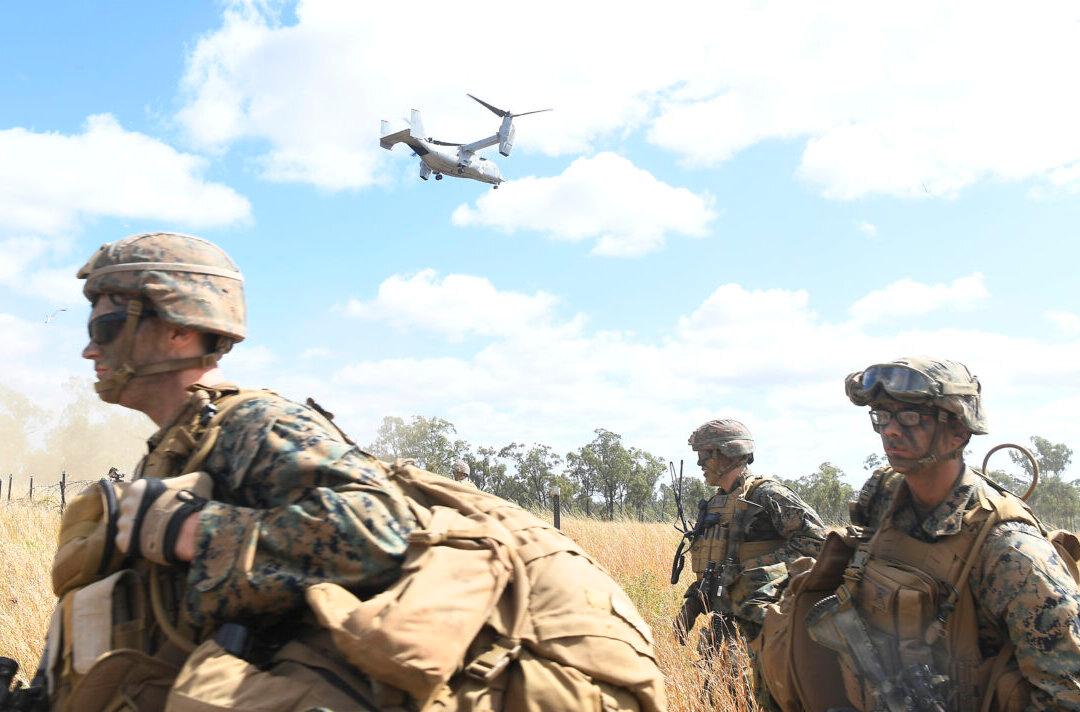A senior defence consultant has lambasted the Australian federal government’s decision to undertake multiple defence reviews, saying it is delaying Defence’s ability to advance projects.
Speaking at the Royal United Services Institute for Defence and Security Studies NSW, Brent Clark, the CEO of the Australian Industry and Defence Network (AIDN), said time that could be spent on building security capabilities was being wasted on bureaucracy.





